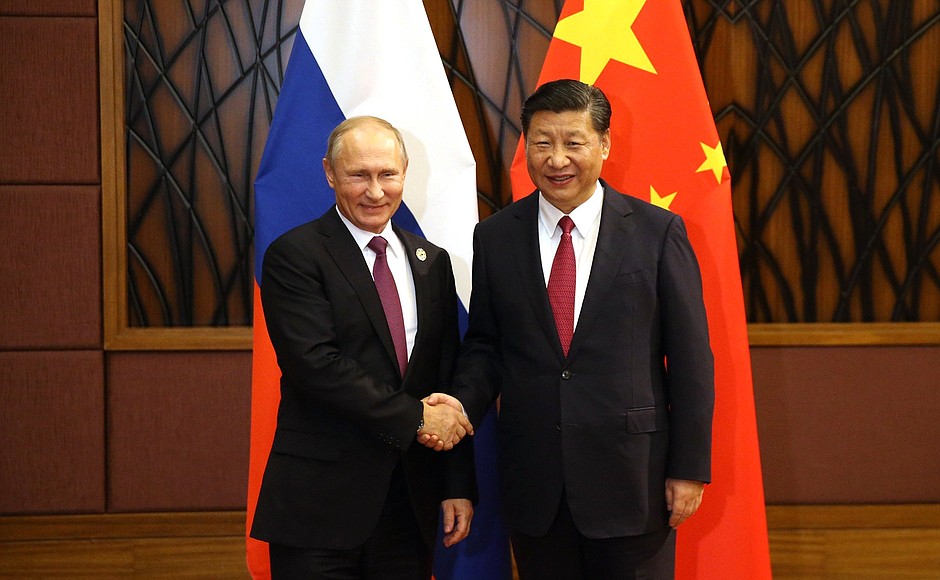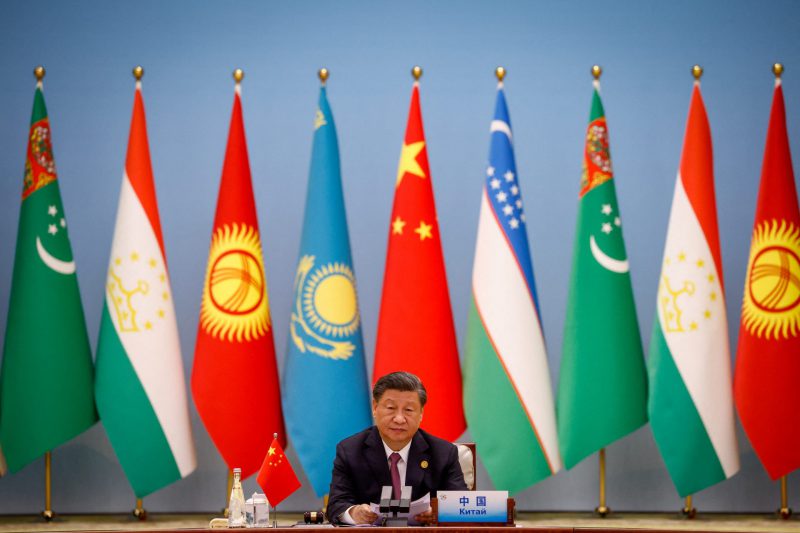Out of the six new countries that are being inducted into the BRICS alliance, five of them are oil-producing nations. Saudi Arabia, the UAE, Egypt, Iran, and Ethiopia export millions of barrels of oil each year to the West. Argentina is the lone country that doesn’t produce oil but gained entry as it allows multinational corporations to settle trade in local currencies. Therefore, BRICS is now equipped with the best, and China and Russia are likely to gain the most out of the new development.
Also Read: US & Europe To Pay in Local Currencies For Oil After BRICS Expansion?
BRICS: China & Russia Gain The Most From Inducting 6 New Countries


Prof. Dr. Daniela Schwarzer, an Executive Board Member at Bertelsmann Stiftung, an independent foundation based in Germany, said that China and Russia see a strategic win in adding the six new countries to the bloc. According to Schwarzer, top oil-producing countries could bail out China and Russia’s economic woes as the U.S. dollar might no longer be required for trade.
Also Read: BRICS+ To Dominate 50% Of the Global Economy by 2050
“The expansion of the BRICS group is a strategic success for China and Russia. We are joined by three of the world’s largest oil exporters, Iran, Saudi Arabia, and the United Arab Emirates,” she said.
Schwarzer explained that Western leaders must take the expansion seriously as it could cause harm to the traditional financial establishment. Leaders “must understand this enlargement as an attempt to establish a serious counterweight to the G7,” she said. The economist added, “(G7) whose share of the global GDP is steadily declining,” she summed it up for Tass.
Also Read: BRICS Officially Agrees To End Use Of US Dollar
BRICS is an acronym for Brazil, Russia, India, China, and South Africa. The alliance will expand to BRICS+ by the end of this year after all formalities for induction are completed. A few more countries could join the bloc before the start of the next summit in 2024. Read here to know how many US sectors could be impacted if BRICS ditched the dollar completely for global transactions.





